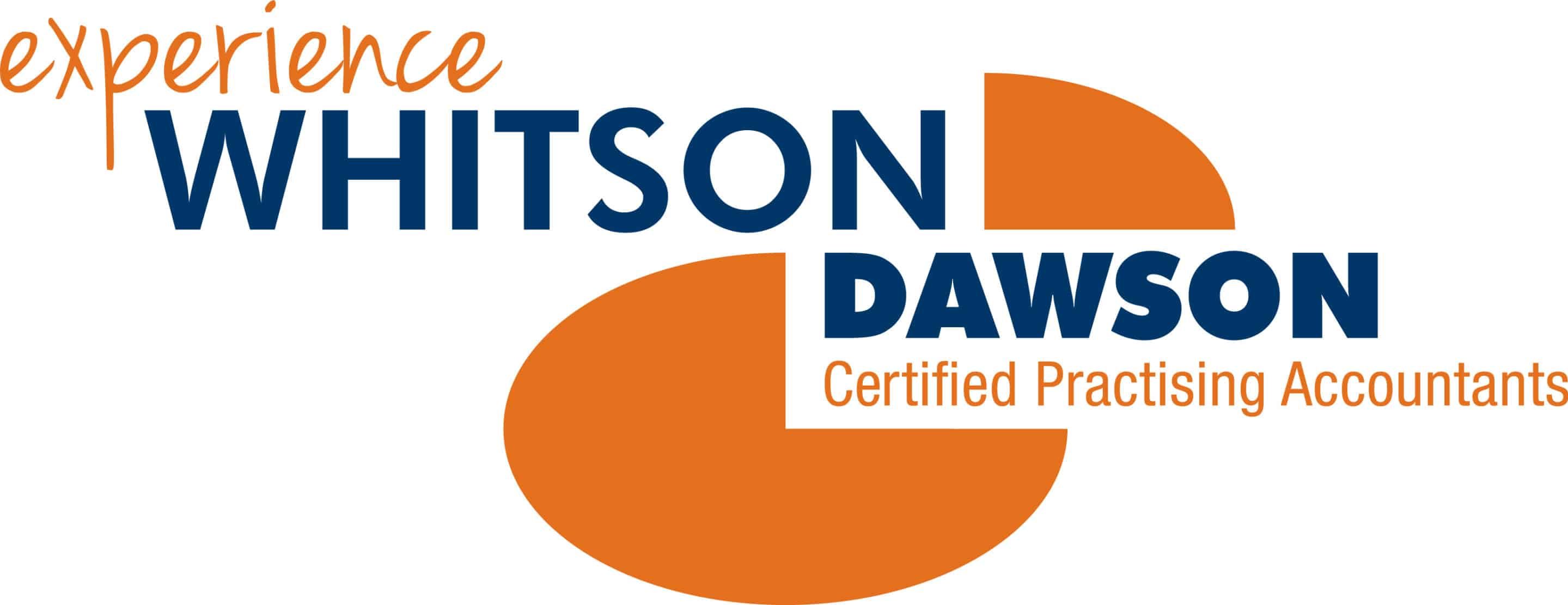Navigating the complexities of small business taxation can be daunting, with the myriad of tax laws and the imperative task of meticulous financial record-keeping. However, mastering the art of taxation doesn’t have to be a perplexing journey. This guide is crafted to arm you with practical, easy-to-implement tax tips, ensuring your path through the fiscal year is straightforward and stress-free.
Laying A Solid Foundation - The Significance Of Record-Keeping
Accurate record-keeping stands as a pillar of a seamless tax season. A comprehensive log of your financial transactions simplifies the process of filing your taxes and fortifies your business against potential audits. Key strategies include:
- Separating Accounts: Maintain distinct boundaries between personal and business finances. This clarity not only offers a true representation of your business’s fiscal health but also streamlines the tax filing process.
- Documenting Receipts: Preserve all receipts related to business transactions. Modern digital tools and apps can assist in efficiently storing these documents, ensuring they are readily accessible when needed.
- Adopting Accounting Software: Invest in dependable accounting software to automate many aspects of record-keeping, promoting accuracy and saving valuable time.
Mastering Deductions - Maximising Business Savings
Effective record-keeping allows you to fully leverage deductions, thereby reducing your tax obligations. Familiar deductions for small businesses encompass:
- Home Office Deduction: If a portion of your home is used consistently and solely for business, you may be eligible for a deduction for that space.
- Vehicle Expenses: Costs incurred for business use of your vehicle, including mileage and associated expenses, can be deductible.
- Office Supplies and Equipment: Purchases made for your business, ranging from minor supplies to major equipment, are generally deductible.
- Professional Services: Fees for essential services such as accounting, legal counsel or consulting, when directly linked to your business operations, can be deductible.
Implementing A Financial Roadmap - A Checklist For Year-Round Organisation
Effective tax management is a continuous process, not a last-minute dash. To maintain financial organisation and readiness throughout the year, consider this checklist:
- Monthly Reviews: Consistently examine your financial statements, including profit and loss statements, balance sheets and cash flow statements.
- Quarterly Tax Payments: If you’re self-employed or receive significant income not subject to withholding, making estimated tax payments quarterly may be necessary.
- Annual Budget Assessments: At the close of each fiscal year, review and compare your budgeted expenses against actual expenditures, adjusting your forthcoming budget as needed.
- Year-End Inventory Review: If applicable, conduct a year-end inventory to account for any changes in inventory and ascertain the cost of goods sold.
Achieving Financial Clarity With Professional Support
While these guidelines can significantly streamline your small business tax management, the complexities of tax legislation and the unique characteristics of each business often call for professional insight. In Mackay, Whitson Dawson stands as a trusted partner for businesses in need of taxation and financial guidance. Our team caters to the distinct requirements of small businesses, ensuring your financial journey is not only manageable but also prosperous.
Need advice on taxation in Mackay? Connect with Whitson Dawson today.







Recent Comments